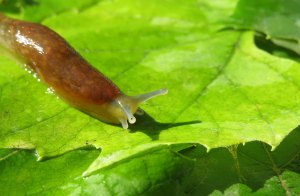Regeneration of insulin-producing islets may lead to diabetes cure
Animal study finds spleen produces adult precursor cells, may have broader application
Type 1 diabetes develops when the body’s immune cells mistakenly attack the insulin-producing islet cells of the pancreas. As islet cells die, insulin production ceases, and blood sugar levels rise, damaging organs throughout the body. Cells from an unexpected source, the spleen, appear to develop into insulin-producing pancreatic islet cells in adult animals. This surprising finding from Massachusetts General Hospital researchers, published in the Nov. 14, 2003 issue of Science, is a followup to the same team’s 2001 report of a treatment that cures advanced type 1 diabetes in mice. In discovering the biological mechanism behind that accomplishment, the researchers also have opened a potential new approach to replacing diseased organs and tissues using adult precursor cells. “We have found that it is possible to rapidly regrow islets from adult precursor cells, something that many thought could not be done,” says Denise Faustman, principal investigator of the study. “By accomplishing effective, robust and durable islet regeneration, this discovery opens up an entirely new approach to diabetes treatment.” The work has been supported by the Iacocca Foundation; the National Institute for Diabetes, Digestive and Kidney Diseases; the Cure Diabetes Now Foundation; and the American Autoimmune-Related Diseases Association Foundation.




